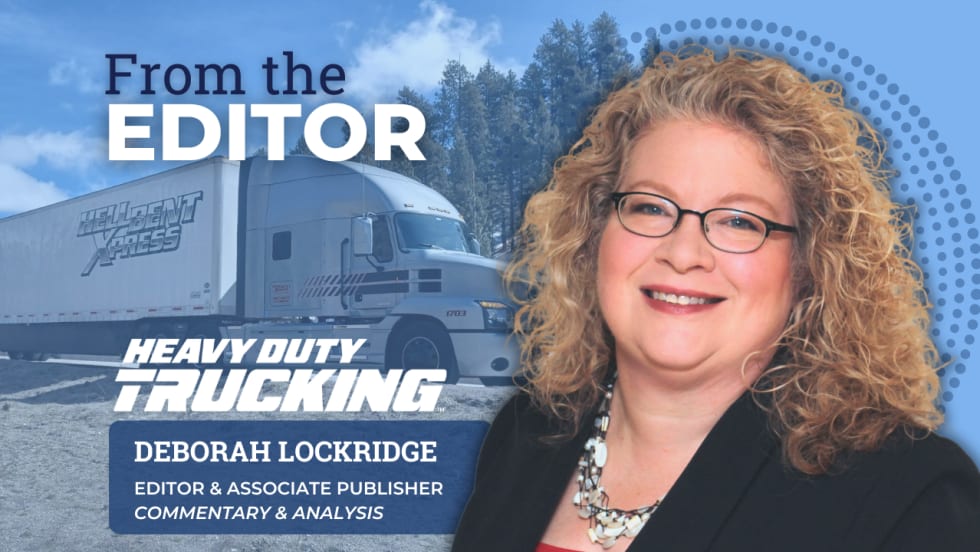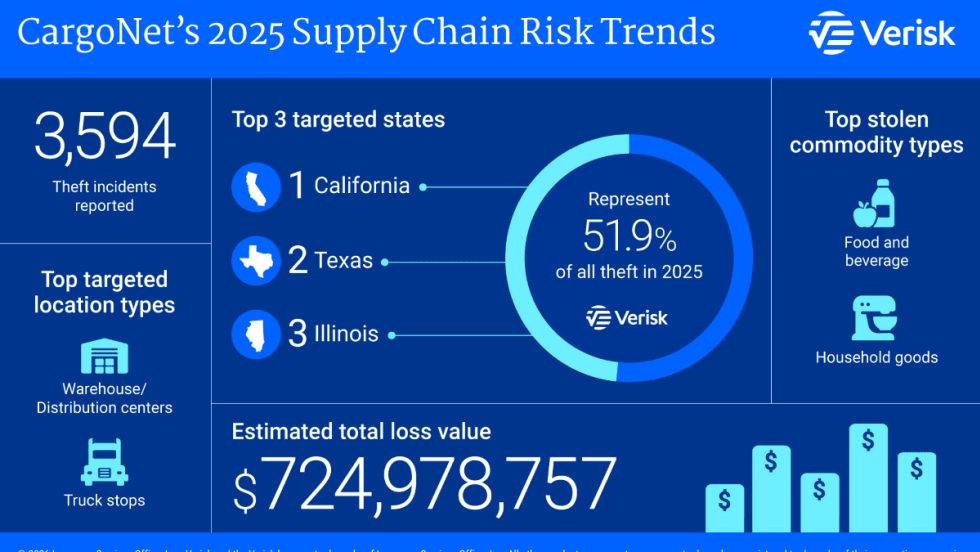Earlier this year, the Federal Motor Carrier Safety Administration published a proposed rule that would expand the financial security requirements for freight brokers and forwarders, as well as increase penalties if those parties fail to comply with provisions. The rule impacts bonds or trusts that are required to provide financial security to trucking carriers and shippers.
This rule would fall under the Moving Ahead for Progress in the 21st Century Act (MAP-21), a 2012 law that increased the financial security requirement for freight brokers and established a financial security requirement for freight forwarders for the first time.
How Existing Financial Security Requirements for Freight Brokers and Forwarders Work
Under existing rules, freight brokers and freight forwarders must provide evidence of financial responsibility before they can obtain operating licenses. They must either post a $75,000 BMC-84 bond or deposit $75,000 in a BMC-85 trust. Since this is a condition of licensing, prospective brokers and forwarders can't obtain licenses without first either posting a bond or opening a $75,000 BMC-85 trust. Brokers and forwarders must also maintain their surety bonds or trusts and renew them every year to keep their licenses in good standing.
Most freight brokers and forwarders opt to post $75,000 BMC-84 bonds instead of opening trusts. This is because depositing $75,000 in a trust means that the broker or forwarder won't be able to access the funds to use for other operating needs. With a bond, they can instead post a small percentage of the required amount based on their credit standing and financial stability.
If brokers or forwarders allow their bonds to lapse, their operating licenses will be suspended. The bond or trust is required to provide financial security to the shippers and carriers that do business with the brokers and forwarders. If a forwarder or broker violates the law or engages in misconduct, a carrier that suffers losses can file a claim against the broker’s or forwarder's BMC-85 trust or BMC-84 bond to recover compensation up to the maximum amount of $75,000.
Bond claims are investigated and validated before they are paid. If a surety determines a claim is valid, the surety will pay it. However, the bondholder will be required to repay the surety in full for a validated bond claim because of an indemnity agreement. If they fail to pay a bond claim, the surety can pursue legal action against them and recover both the claim amount and any legal fees incurred.
Brokers and forwarders are supposed to reimburse BMC-85 trusts to bring them back up to $75,000 following valid claims. While reimbursing a surety company or a trust for paid claims is required, some brokers and forwarders fail to do so on a timely basis.
The existing rules also cover how claims against brokers that exceed $75,000 are handled. In those situations, the surety typically files an interpleader action in court to have the funds from the bond allocated between the claimants. This process can be time-consuming and costly for trucking carriers.
The proposed rule would make changes to address these problems.
How the Proposed Rule Would Change Financial Security Requirements
The new rule would require:
brokers and forwarders to immediately repay surety companies or replenish the funds in their BMC-85 trusts following valid bond claims.
freight brokers and forwarders to repay surety companies that pay claims within seven days to bring their available financial security back to $75,000.
those that have BMC-85 trusts to deposit money into the trusts to bring them back to $75,000 within seven days of a paid claim.
According to the FMCSA, brokers and forwarders that fail to maintain $75,000 in financial security would have their operating licenses suspended if they don't bring their security levels back up to $75,000 within seven days following a drawdown.
While some surety companies allow brokers and forwarders to repay paid claims through payments over time, the proposed rule would mandate repayment within seven days. If they don't do so, their operating licenses would be suspended, meaning they would have to cease operations immediately until they could repay the claim amount to the surety or trust in full.
This proposed rule would also potentially eliminate the need for the interpleader process when multiple claims are filed by different parties against a single broker. Since the broker would have to immediately replenish the funds for the surety bond or trust account, the newly deposited funds could then be used to cover additional claims when they total more than $75,000 in aggregate. As each claim is paid, the broker would then have to deposit additional amounts or re-up their bonds to cover other valid claims.
What’s Next?
The proposed rule is currently going through the rulemaking process based on an analysis of comments from stakeholders on the proposal, and it could be modified before becoming a final rule.
If the rule as outlined in the proposal is made permanent, it will incentivize freight brokers and forwarders to avoid bond claims by ensuring they comply with the laws, regulations, and contractual obligations that apply to them.
This article was authored and edited according to HDT guidelines to best serve our readers.













